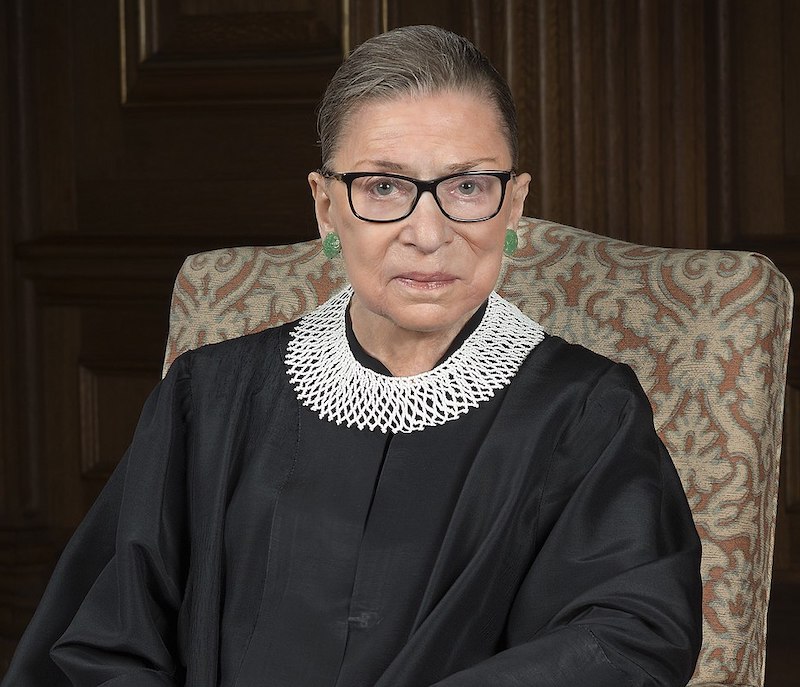This talk was part of the Jepson Lecture Series which focused a lot on technology and the digital age. I went into this talk by Yasha Levine expecting to hear about Russian interference in our elections, online terrorist “recruiting,” the dark web, and more things along these lines based on the title and that fact that Levine’s job description is “Russian-American investigative journalist.” However, this is not the talk that I got. He started with a brief (aka not-so-brief) explanation of the origins and history of the internet. He explained that it was at least designed by the military to act as a tool. This does not surprise me, especially after taking this course, because our government pours a lot of money into military endeavors, and we’ve talked a lot about how economic motivations are ALWAYS at play. He then went on to explain how the internet became available to the general populous and slightly into the rise of social media.
I was a little disappointed at this point in the speech because he chose to bring it to an end. It felt like there was no wisdom or final message. It ended in a very “that’s just kinda the way it is” way. I was very unsatisfied by this and I think a lot of fellow audience members felt the same because many people asked questions that recognized that this may be the way it is currently but also asked what we could do to change the internet so that it is no longer weaponized. I was once again dissatisfied by his responses because they felt like he himself had given up any semblance of hope regarding the internet. I may not be an expert on the topic, but I am also not someone who settles for things that I am unhappy with. I wish that Levine had taken this opportunity to teach his audience more than history.
Leave a Comment

